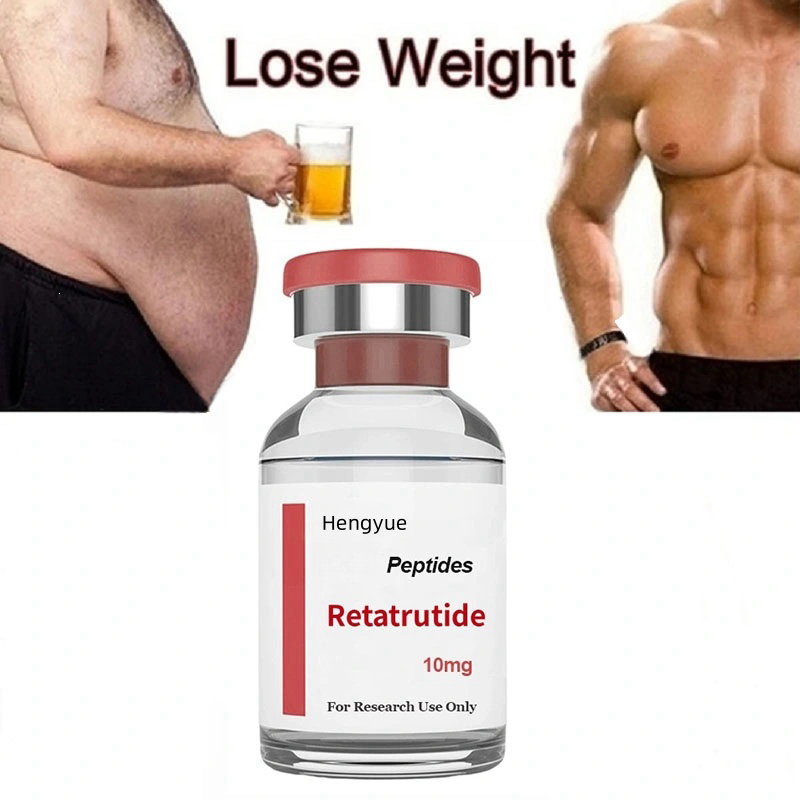-
Categories
-
Pharmaceutical Intermediates
-
Active Pharmaceutical Ingredients
-
Food Additives
- Industrial Coatings
- Agrochemicals
- Dyes and Pigments
- Surfactant
- Flavors and Fragrances
- Chemical Reagents
- Catalyst and Auxiliary
- Natural Products
- Inorganic Chemistry
-
Organic Chemistry
-
Biochemical Engineering
- Analytical Chemistry
-
Cosmetic Ingredient
- Water Treatment Chemical
-
Pharmaceutical Intermediates
Promotion
ECHEMI Mall
Wholesale
Weekly Price
Exhibition
News
-
Trade Service
A few days ago, according to external media reports, Baxalta, a subsidiary of Takeda, has reached a settlement with Bayer over a patent dispute over hemophilia therapy.
A few days ago, according to external media reports, Baxalta, a subsidiary of Takeda, has reached a settlement with Bayer over a patent dispute over hemophilia therapy.
In 2019, the court ordered Takeda to pay Bayer US$155 million in compensation for patent infringement, after which the fine was increased by US$18 million to US$173 million.
At this point, the five-year patent dispute case between the two companies has come to an end.
It is reported that many international pharmaceutical companies usually use patent thresholds to protect self-developed products.
On the domestic side, in the past, most domestic pharmaceutical companies focused on generic drugs, and their awareness of intellectual property rights was relatively weak compared to the international community.
It is worth mentioning that on the evening of May 18, CDE issued a notice on the public testing of the patent information registration platform related to the early resolution of drug patent disputes, and officially launched the online test of the "China Listed Drug Patent Information Registration Platform".
The content of the notice mentioned that the marketing authorization holders of drugs that have been marketed in China are invited to actively participate in the registration and testing of relevant drug patent information.
At present, some specific patent requirements are not reflected in the statement on the CDE official website.
From the perspective of the Orange Book patent links in the United States, the US patent link system has two main lines:
One is that when a generic drug manufacturer submits an abbreviated new drug application (ANDA), it initiates a patent challenge to the original original drug.
Second, the original research drug company filed an infringement lawsuit against the generic drug manufacturer.
These two main lines are based on the patent information disclosed in the Orange Book.
When moving the patent linkage system to China, the "quantity procurement" system with Chinese characteristics must also be mentioned.
The introduction of the patent linkage system will benefit a large number of innovative pharmaceutical companies and some characteristic API companies in the future.







